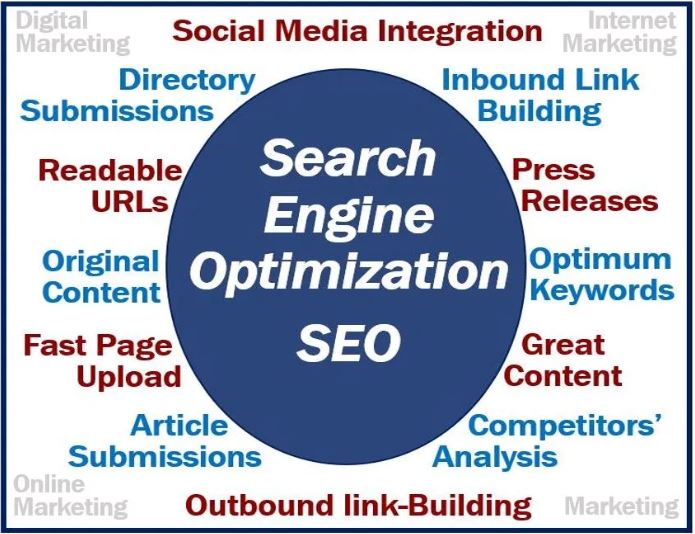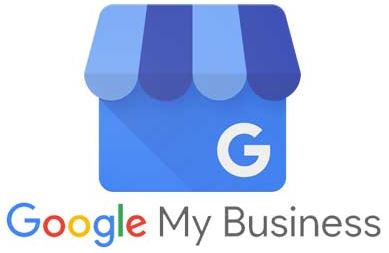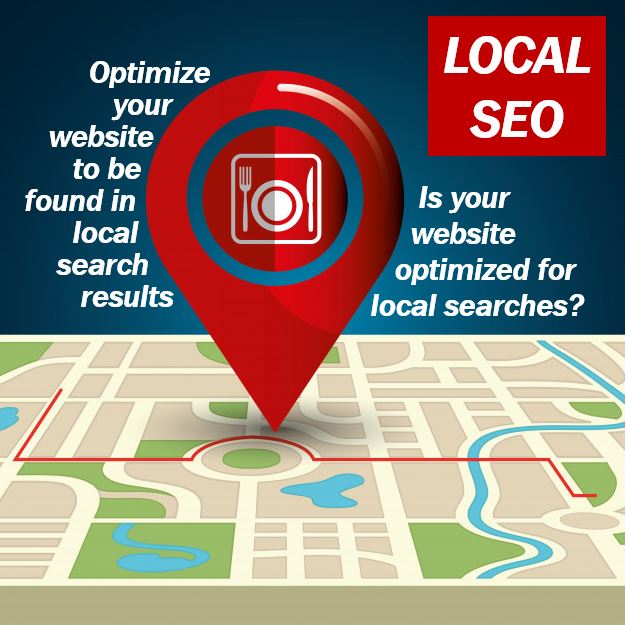SEO in 2020 is almost unrecognisable from SEO in and around its inception in the late ‘90s and early ‘00s. Back then, web managers could get away with stuffing an inordinate number of keywords, completely out of context, into nonsensical content to drive traffic to their clients’ websites. Gradually things have shifted, and now the result is a field that is based around highly complex and nuanced algorithms driven by consumer experience.

Boosting clients’ SEO performance
This means that SEO managers have to think much harder about how to boost their clients’ search engine optimiztion performance. Lojix, a reputable digital marketing agency in the UK, says that content must be high quality and based around improving the consumer’s or visitor’s overall experience, which in the long run, is also great for everyone concerned.
SEO these days has evolved to such a degree that no matter what users search for, they will land on a page that is appropriate and fully optimised for performance, user experience, and in terms of advertising the products that are appropriate for that particular search.
Fast-moving content
One of the ways in which the nature of SEO campaigns has changed is that content has to be very fast moving. For instance, if a major event were to happen, such as the current COVID-19 global pandemic, and a company that made hand sanitisers didn’t up their SEO game and hone their site’s performance in response, they would undoubtedly lose out on significant revenue.
Similarly, when big sporting events take place and major companies advertise their products, smaller businesses selling similar goods and services would be foolish not to piggy-back on these ads with their own campaigns and similar keywords and marketing strategies.
For good SEO – adopt a holistic approach
These days link-building, PPC (pay-per-click), and content are not enough, even together to form a successful SEO campaign. SEO managers must adopt a holistic approach to their art. This entails knowing everything that their client is working on, their plans, and any subtle shift in approach or change in products or services in order to hit the right note with a comprehensive, multi-faceted SEO campaign. This is absolutely vital if you are really serious about caring about what your clients’ needs are.
Google My Business
 In the near future, the importance of Google My Business (formerly Google Places) looks set to take on even greater significance in the armoury of a successful SEO. It is already a key player, especially in the world of mobile phones, which are steadily growing in importance – it will definitely, in tandem with voice, gain traction into the 2020s.
In the near future, the importance of Google My Business (formerly Google Places) looks set to take on even greater significance in the armoury of a successful SEO. It is already a key player, especially in the world of mobile phones, which are steadily growing in importance – it will definitely, in tandem with voice, gain traction into the 2020s.
Such voice activated questions as “where is the best coffee shop near me?” will become more prevalent. SEO strategy must incorporate maximising the pages and functions of Google My Business in order to help rank highest in the local searches.
Local search engine optimization

Local SEO is becoming hyper-critical in SEO marketing strategies overall, because of the way people shop for products and services. Making sure that all of the relevant information is on Google My Business and taking advantage of every function will be incredibly important moving forward.
A huge percentage of mobile searches lead to bricks and mortar visits within 48 hours. Therefore, ranking highly for such local searches, be they by text or voice, will no doubt continue to yield excellent results for SMEs. An SME is a small and medium-sized enterprise.
Of course, the nature of the future of SEO depends on your perspective, and also, if you’re being cynical, your stake. Pinterest CEO Ben Silbermann holds that “the future of search will be about pictures instead of keywords,” which is predictable, perhaps. However, he could be right. Consumers always have responded better to images than words, and in a world where we are bombarded with content on multiple platforms, perhaps pictures are the META (most effective tactics available).
______________________________________________________________
Interesting related articles: “What is Search Engine Optimization?“

